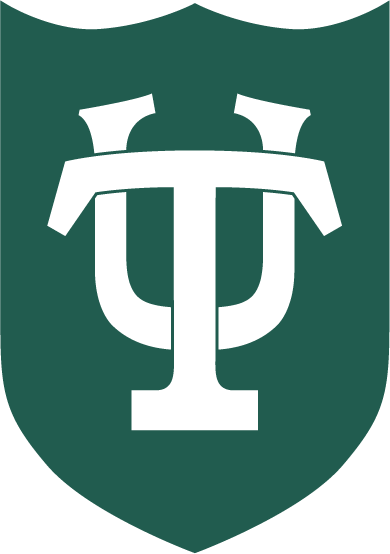Please see our current and recent graduate course offerings here:
Graduate Course Offerings
Department of French & Italian
Current and complete French Studies PhD requirements and a list of all French Graduate courses can be found in the Tulane University Catalog.


